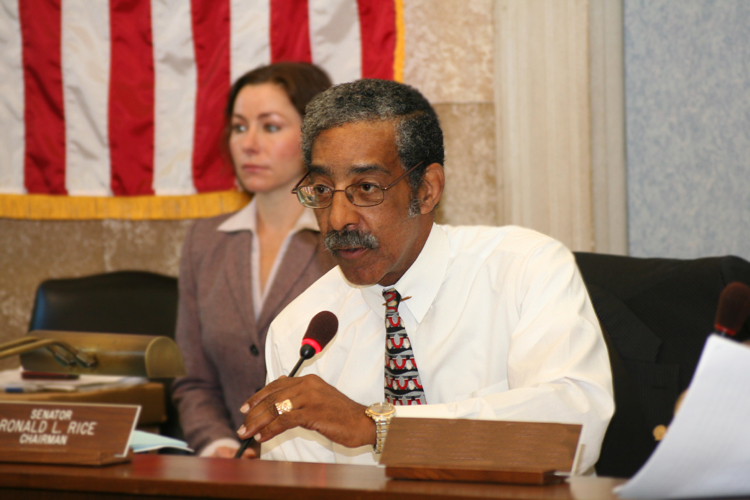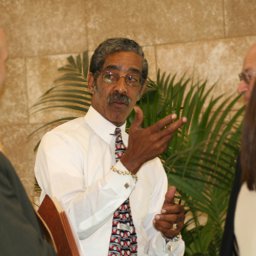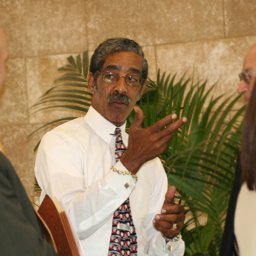
TRENTON – Two measures, sponsored by Senator Ronald L. Rice, which would regulate the budget processes of municipalities, have been approved by the Senate Community and Urban Affairs Committee.
One measure, S-1248, would require municipalities to provide information on any lawsuits in which it is involved to the state. The reports would be submitted to the Division of Local Government Services, which would then be responsible for transmitting copies to the Commissioner of Community Affairs, who would also provide copies to the Legislature and to the Governor.
“In a state which prides itself on working hard to root out waste and abuse, and where both the Legislature and the Governor are constantly stressing the need for transparency, it is disheartening to know that some of our largest municipalities are spending unnecessary taxpayer dollars on frivolous lawsuits,” said Senator Rice, D-Essex, who is a member of the Senate Community and Urban Affairs Panel. “This legislation would establish a set of checks and balances to keep an eye on the lawsuits in which towns are involved. “
A second measure, S-1249, would require towns which receive special municipal aid to submit to the Department of Community Affairs’ Division of Local Government Services (DLGS) information on the budgets of all housing authorities, district management corporations, and municipal public benefit corporations located within the town’s borders.
“Through this bill, the State would be better able to keep an eye on the finances of the towns which receive this special funding,” said Senator Rice, D-Essex. “These entities are created, and they have the potential to raise revenue. The problem is that too often, the revenue information is not provided during audits, so distorted financial reports come back to the state. A true cost benefits analysis is needed, to put a stop to this waste of taxpayer dollars.”
Senator Rice noted that this type of waste is a relatively common practice in municipalities throughout the state, including Newark, which wastes large sums of taxpayer dollars annually, by giving business that could be handled by lawyers who are already on the City’s payroll, to outside law firms.
These measures now head to the full Senate for approval. #



